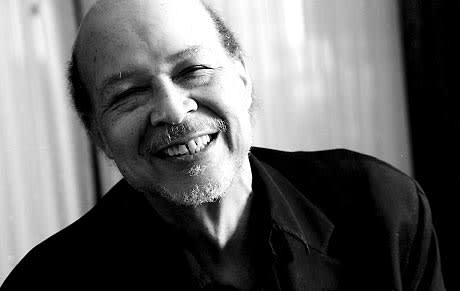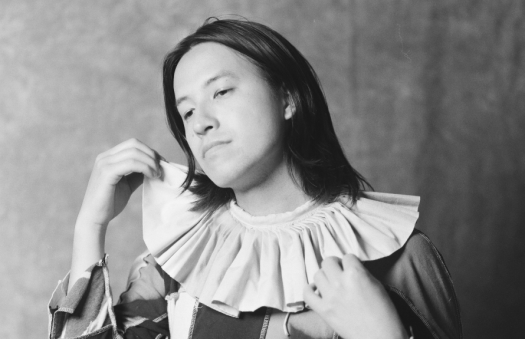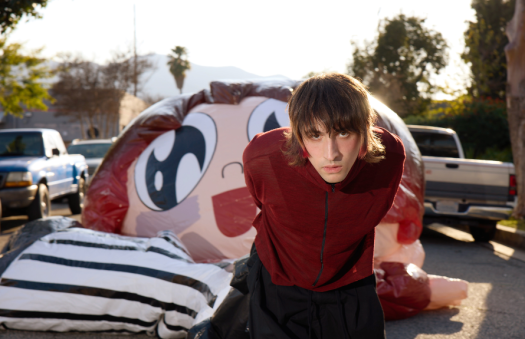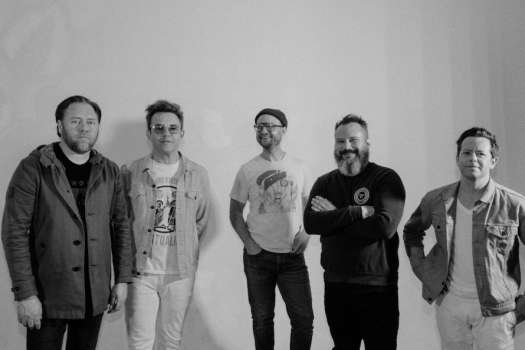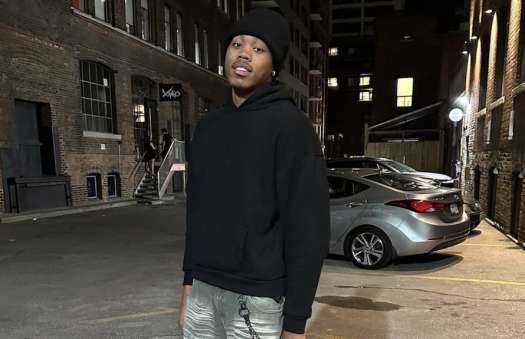Dave Burrells first disc for High Two was Expansion, featuring the Full Blown Trio, his group with William Parker and Andrew Cyrille; the music ran the gamut from sonic abstraction to Irving Berlin nostalgia. His new disc, Momentum, is credited to the DB3, a new trio based on the rhythm section of bassist Michael Formanek and David S. Ware-associated drummer Guillermo E. Brown. The sound is more groove-based than on the earlier album, drawing together dark, stealthy swing and battered free-funk to create sticky webs of three-way interplay. A reprise of "Coup DEtat from the earlier album provides a useful point of comparison, the new version strutting along insouciantly in the manner of Don Pullens latter-day classic "Random Thoughts. Momentum connects the dots between the trancelike post-bop of Mal Waldron, Thirsty Ears hip-hop-meets-jazz experiments and the perverse grandeur of Ennio Morricones soundtracks (several tracks here were written to accompany a silent film by African-American director Oscar Micheaux). Burrell remains one of jazzs true originals, capable of beguiling you with a sprightly passage of stride piano before knocking you over with a keyboard-pummelling washout. And while Momentum may be one of his less fiery outings, its dark intensity still puts virtually every contemporary jazz piano recording in the shade.
How did the DB3 come about?
I first heard Guillermo with his group Beat Kids; they were using a computer and a poet and it was very hip-hop-oriented. Then I played with him in William Parkers Curtis Mayfield Project and I heard another side of him. I was introduced to Michael at An Die Musik by a friend and we started working in Philly doing duets.
How did you become interested in mixing free playing and earlier kinds of jazz?
When I moved to New York in 1965 all the gigs I was handed were avant-garde gigs, but the Archie Shepp groups, for example, were quoting Ellington. And I always felt that I needed more bebop/post-bop knowledge. Over the next 20 years I kept learning pieces, sometimes out of curiosity, other times because they were assigned to me. I was on the NPR Jelly Roll Morton centennial with Dick Hyman and Wynton Marsalis; I realised afterwards it had changed my feeling and technique for the better and I wanted to really get those pieces mastered. I like to mix things up; if I have to be screaming all the time it becomes very unpleasant. As Ive aged Ive found it a lot easier to see the music as one. Even popular music like hip-hop the improvisational process is one and the same.
(High Two)How did the DB3 come about?
I first heard Guillermo with his group Beat Kids; they were using a computer and a poet and it was very hip-hop-oriented. Then I played with him in William Parkers Curtis Mayfield Project and I heard another side of him. I was introduced to Michael at An Die Musik by a friend and we started working in Philly doing duets.
How did you become interested in mixing free playing and earlier kinds of jazz?
When I moved to New York in 1965 all the gigs I was handed were avant-garde gigs, but the Archie Shepp groups, for example, were quoting Ellington. And I always felt that I needed more bebop/post-bop knowledge. Over the next 20 years I kept learning pieces, sometimes out of curiosity, other times because they were assigned to me. I was on the NPR Jelly Roll Morton centennial with Dick Hyman and Wynton Marsalis; I realised afterwards it had changed my feeling and technique for the better and I wanted to really get those pieces mastered. I like to mix things up; if I have to be screaming all the time it becomes very unpleasant. As Ive aged Ive found it a lot easier to see the music as one. Even popular music like hip-hop the improvisational process is one and the same.
